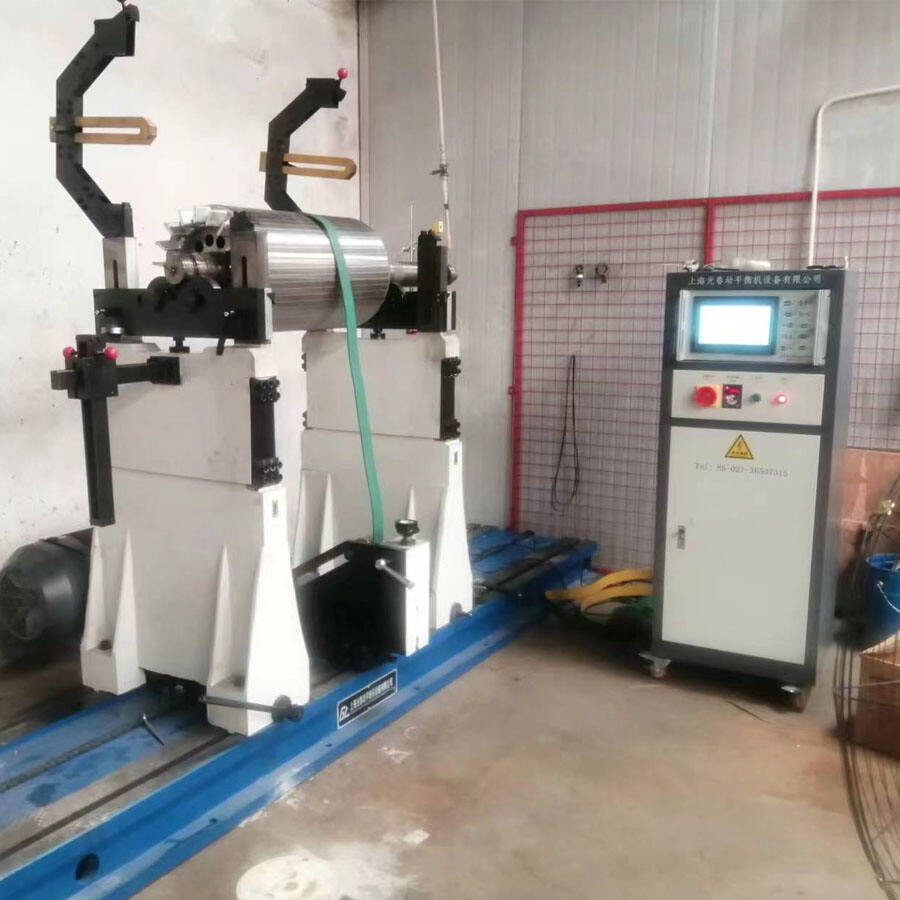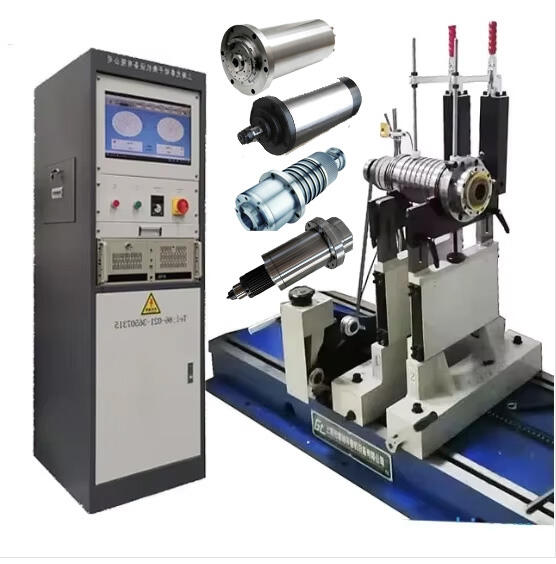high precision industry
The high precision industry represents the pinnacle of manufacturing excellence, characterized by its ability to produce components and products with exceptional accuracy and consistency. This sector encompasses a wide range of technologies and processes that achieve tolerances measured in micrometers or even nanometers. At its core, high precision manufacturing utilizes advanced machinery, including computer numerical control (CNC) systems, coordinate measuring machines, and laser-guided equipment to ensure unprecedented levels of accuracy. The industry serves critical sectors such as aerospace, medical devices, semiconductors, and optical systems, where even minimal deviations can have significant consequences. Modern high precision manufacturing combines traditional machining expertise with cutting-edge digital technologies, including artificial intelligence and machine learning, to optimize production processes. Quality control systems employ sophisticated measurement and inspection techniques, ensuring that each component meets exact specifications. The industry's capabilities extend to various materials, from metals and plastics to ceramics and composites, enabling the production of complex components with intricate geometries and tight tolerances. This versatility, combined with rigorous quality standards and advanced process control, makes the high precision industry indispensable in driving technological innovation across multiple sectors.


